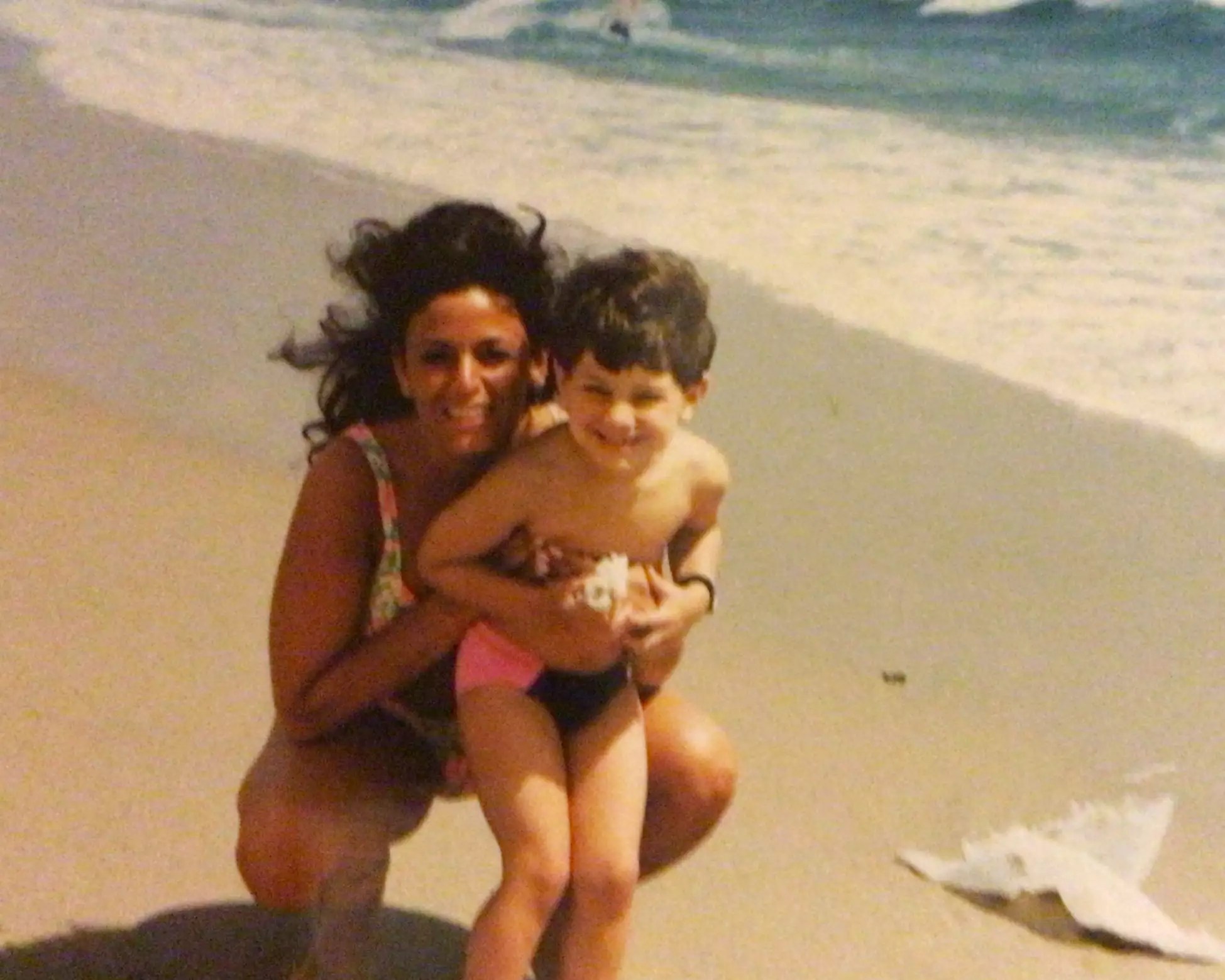Helping people cope with their addictions can be difficult in the best of times, but it’s a job made infinitely harder during a pandemic.
“First we have an opioid epidemic and then we have a pandemic," Cindy Singer, 63, tells PEOPLE. “Everything this virus has created is that much worse for people who are struggling with addiction.”
Singer and friend Staci Katz — two “moms on a mission,” as they call themselves — are meeting the challenges via their Palm Beach County-based nonprofitOur2Sons, which is dedicated to helping people in recovery from substance use.
The women created Our2Sons as an enduring tribute to their children: Singer’s 28-year-old son Rory lost his life to an overdose in 2015; Katz’s son Dillon, 28, continues to fight his addiction, which began in his teens.
Erika Larsen

Singer and Katz, 56, spend their days and nights throwing lifelines to people — mostly young adults, mostly destitute — who have just emerged from treatment and must find a way to navigate the world, or who, due to the pandemic, are finding themselves “white knuckling” their sobriety, as Katz terms it.
Staci Katz with late son Dillon.Courtesy Staci Katz

“With COVID, a lot of the sober homes have closed, food pantries are drying up and other resources are gone,” says Katz. “People have a greater sense of hopelessness and are in greater danger of relapse and overdose.”
For more on the mothers behind Our2Sons, pick up the latest issue of PEOPLE, on newsstands Friday, orsubscribe here.
“They don’t just help people get the services they need,” says Palm Beach County drug czar John Hulick, “they bring love and caring to what really have become the disposables of our society.”
Singer and Katz might arrange transportation to facilities for people who urgently need detox or rides to jobs — “if they’re lucky enough to have one,” says Katz.
They’ve even supplemented rents for sober housing, helped with funerals and purchased urns for families who didn’t have the funds to ship home their loved ones’ remains after an overdose.
“This is a family disease,” says Singer, “and some have gone through every penny they have to help their kids.”
Cindy Singer with late son Rory in 2013.Courtesy Cindy Singer

The women say their own life experiences — professional as well as personal — have reduced their learning curve as they’ve leaned into running Our2Sons. Singer, a former middle-school principal, and Katz, a retired police officer, are both transplanted New Yorkers — and “we are not pushovers,” says Singer. “I’m not a give-up person and neither is Staci. We will fight to the end for the people we love and for our communities. These are all somebody’s children.”
Anna Harden met Singer and Katz in spring 2018 when the two women came to the South Florida treatment center where Harden was a resident to talk about Our2Sons. After 10 years of opioid use, including heroin, she felt worthless, stuck and alone, Harden says. And she was pregnant.
“Everybody in my life was maxed out on helping financially and emotionally — they were just done with it,” she says.
Singer and Katz told Harden about their two sons. They told her she could call them anytime and they’d help her.
“I thought they were two angels, honestly,” Harden says.
She reached out, and they did help her.
“They brought me clothes, a car seat and groceries when I needed them,” she says.
Our2Sons paid for rides to Harden’s doctor appointments, “and when I went into labor I didn’t know anybody, so I called Cindy and Staci,” she recalls.
Now Harden, 28, is nearly three years in recovery (daughter Maddie is 2), living in a North Carolina sober community and working toward a degree in substance-abuse counseling. She still enjoys the emotional support — and occasional care package of diapers or children’s clothing — from Our2Sons, and the women point to her as an example of why Our2Sons exists.
“If we can help one person, we’ve helped many,” says Singer. “Like Anna — she can be a good mother to her daughter, a good daughter herself and a good citizen in the world. It’s a ripple effect.”
If you or someone you know is struggling with addiction, please contact the SAMHSA substance abuse helpline at 1-800-662-HELP.
source: people.com